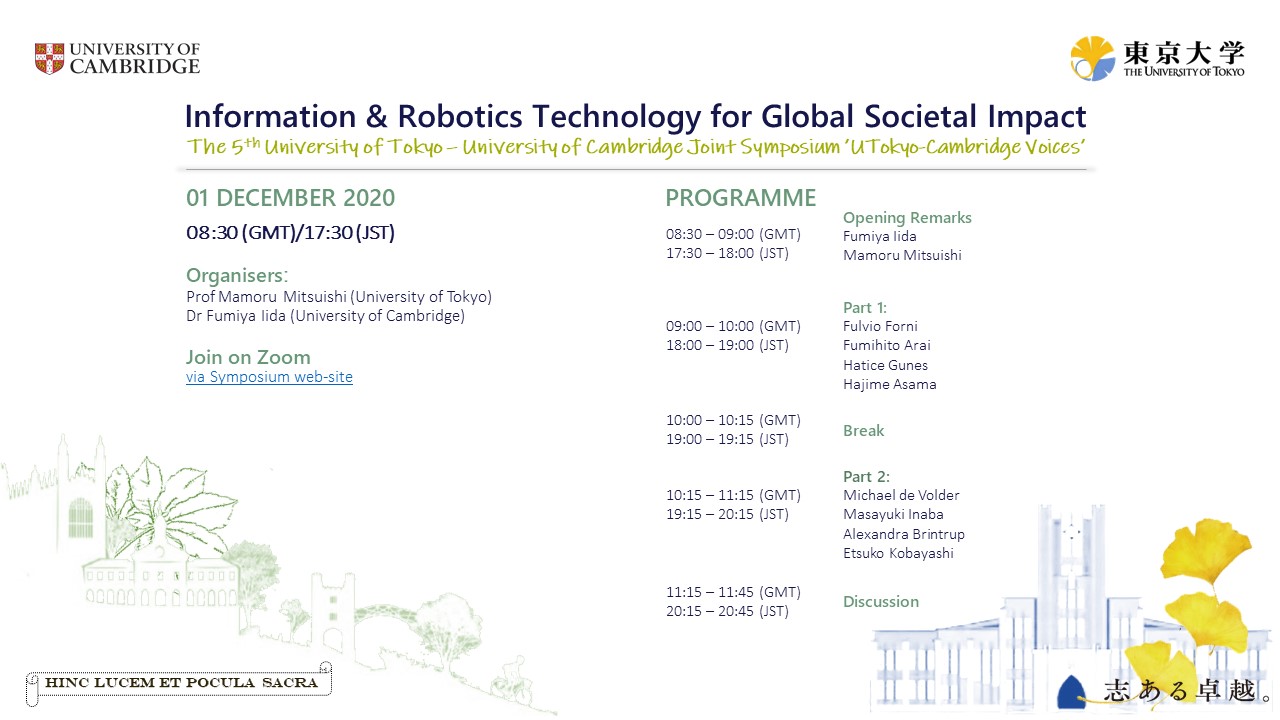Organisers
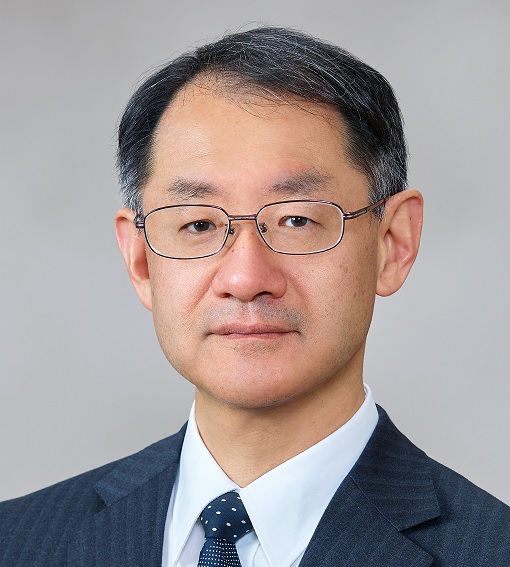
Mamoru Mitsuishi
The University of Tokyo
Prof. Mamoru Mitsuishi was appointed as an Executive Director and Vice President of the University of Tokyo in 2017. Prior to this he was the Dean of the School of Engineering. He graduated from the University of Tokyo in 1979 with a Bachelor of Science in Physics. Following this, he earned a second bachelor’s degree in mechanical engineering in 1981. He received his Master’s and doctorate degrees in 1983 and 1986, respectively from the University of Tokyo. He became a professor in 1999, and his areas of interest are biomedical robotics, and manufacturing systems. He is a member of various internationally renowned societies, such as the International Academy for Production Engineering (CIRP), where he is the president and fellow, and the IEEE Robotics and Automation Society.
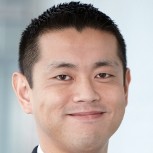
Fumiya Iida
University of Cambridge
Fumiya Iida is a university reader at the University of Cambridge since 2018. Previously he was an assistant professor for bio-inspired robotics at ETH Zurich (2009-2014) and a lecturer at Cambridge (2014-2018). He received his bachelor and master degrees in mechanical engineering at Tokyo University of Science (Japan, 1999), and Dr. sc. nat. in Informatics at University of Zurich (2006). In 2004 and 2005 he was also engaged in biomechanics research of human locomotion at Locomotion Laboratory, University of Jena (Germany). From 2006 to 2009 he worked as a postdoctoral associate at the Computer Science and Artificial Intelligence Laboratory, Massachusetts Institute of Technology in USA. In 2006 he was awarded the Fellowship for Prospective Researchers from the Swiss National Science Foundation and, in 2009, the Swiss National Science Foundation Professorship. His research interests include biologically inspired robotics, embodied artificial intelligence, and biomechanics, where he was involved in a number of research projects related to dynamic legged locomotion, navigation of autonomous robots, and human-machine interactions.
Speakers
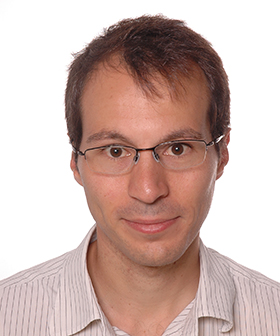
Fulvio Forni
University of Cambridge
Fulvio Forni received his Ph.D degree in Computer Science and Control Engineering in 2010 from the University of Rome Tor Vergata, Italy. In 2008-2009 he held visiting positions at the LFCS of the University of Edinburgh, Scotland, UK and at the CCDC of the University of California Santa Barbara (USA). In 2011-2015 he was a Post-doc at the University of Liege, Belgium (FNRS). He is currently Lecturer at the University of Cambridge, UK, and Director of Studies at Newnham College. His research interests include differential methods for system analysis (contraction, differential positivity, dominance, differential dissipativity). Nonlinear control and hybrid control (electro-mechanical systems, antiwindup, resets, impacts). Nonlinear dynamics in biology (oscillators, switches) and bio-inspired robotics.
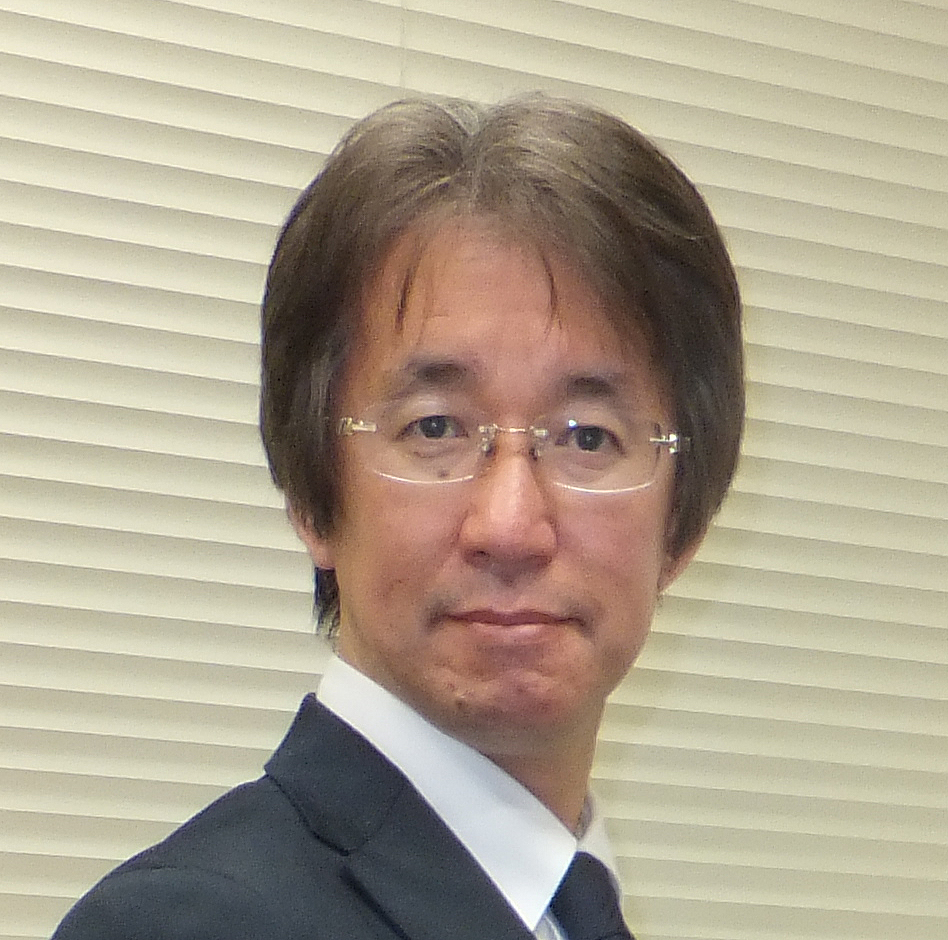
Fumihito Arai
The University of Tokyo
Fumihito Arai is Professor at Department of Mechanical Engineering, The University of Tokyo, Japan since 2020. He is Visiting Professor at Nagoya University since 2020. He received Dr. of Engineering from Nagoya University in 1993. Since 1994, he was Assistant Professor of Nagoya University. Since 2005, he was Professor of Tohoku University. Since 2010, he was Professor of Nagoya University. He was the Vice President for Technical Activities, IEEE Robotics and Automation Society(RAS) (2014-2015, 2016-2017). He was RAS AdCom Member (2009-2011, 2012-2014), and he is RAS AdCom Member since 2019 for 3 years. He is the Co-chair of IEEE Technical Committee on Micro/Nano Robotics and Automation. He is mainly engaging in the research fields of bio-robotics, micro- and nano-robotics, micro- and nano-mechatoronics.
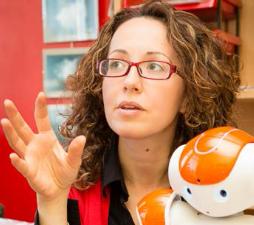
Hatice Gunes
University of Cambridge
Dr Hatice Gunes is a Senior Lecturer at the Computer Laboratory. She is also the President-Elect of the Association for the Advancement of Affective Computing and the Chair of the Steering Board of IEEE Transactions on Affective Computing.
Hatice’s research interests are in the areas of affective computing and social signal processing. At the intersection of computer vision, signal processing, machine learning, multimodal interaction and human-robot interaction, her work has contributed to sensing, and continuous prediction and recognition of affect and personality from nonverbal behavioural cues.
Her current research commitment is to embrace the challenges present in the areas of health, and equality and diversity to bring positive behavioural change, and ultimately empower the lives of the world’s poorest 3 billion people through technology – e.g., by integrating behaviour and emotion analysis into Virtual-Reality-based working memory training, and incorporating social robots into daily life in the context of training, coaching and supporting well-being.
Hatice's motivation to contribute to the Sustainable development Goals through Cambridge Global Challenges is well represented by the Science Museum’s new exhibition on the remarkable 500-year history of robots and on the potential insights the robots offer into our human ambitions, desires and position in a rapidly changing world.
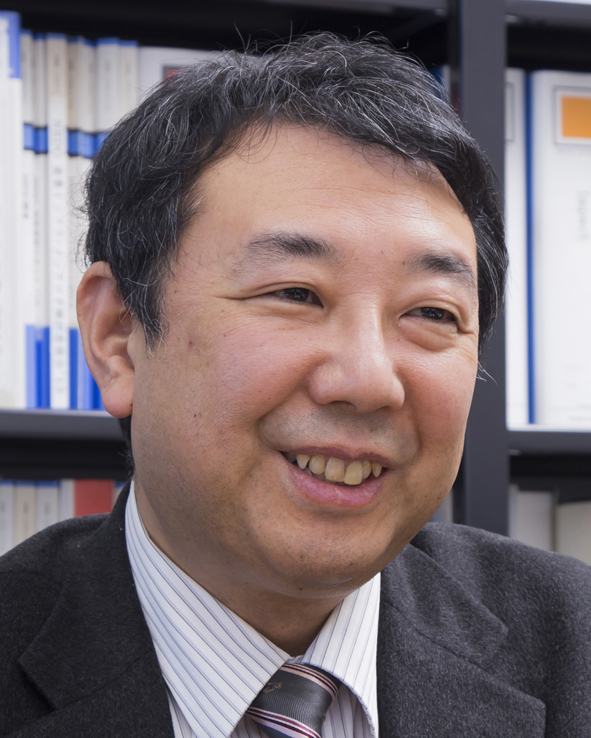
Hajime Asama
The University of Tokyo
Hajime Asama received M. S., and Dr. Eng. from UTokyo (the University of Tokyo) in 1984 and 1989. He worked at RIKEN, Japan from 1986 to 2002, became a professor of RACE (Research into Artifacts, Center for Engineering) of UTokyo in 2002, a professor of School of Engineering since 2009, and the director of RACE since 2019. He received SICE System Integration Division System Integration Award for Academic Achievement in 2010, JSME Award (Technical Achievement) in 2018, etc. He was the vice-president of RSJ in 2011-2012, an AdCom member of IEEE Robotics & Automation Society in 2007-2009. Currently, he is the president of IFAC since 2020. He is a council member of the Science Council of Japan since 2017. He is a Fellow of IEEE, JSME, and RSJ.
His main research interests are service robotics, distributed autonomous robotic systems, embodied brain science systems, and cognitive ergonomics.
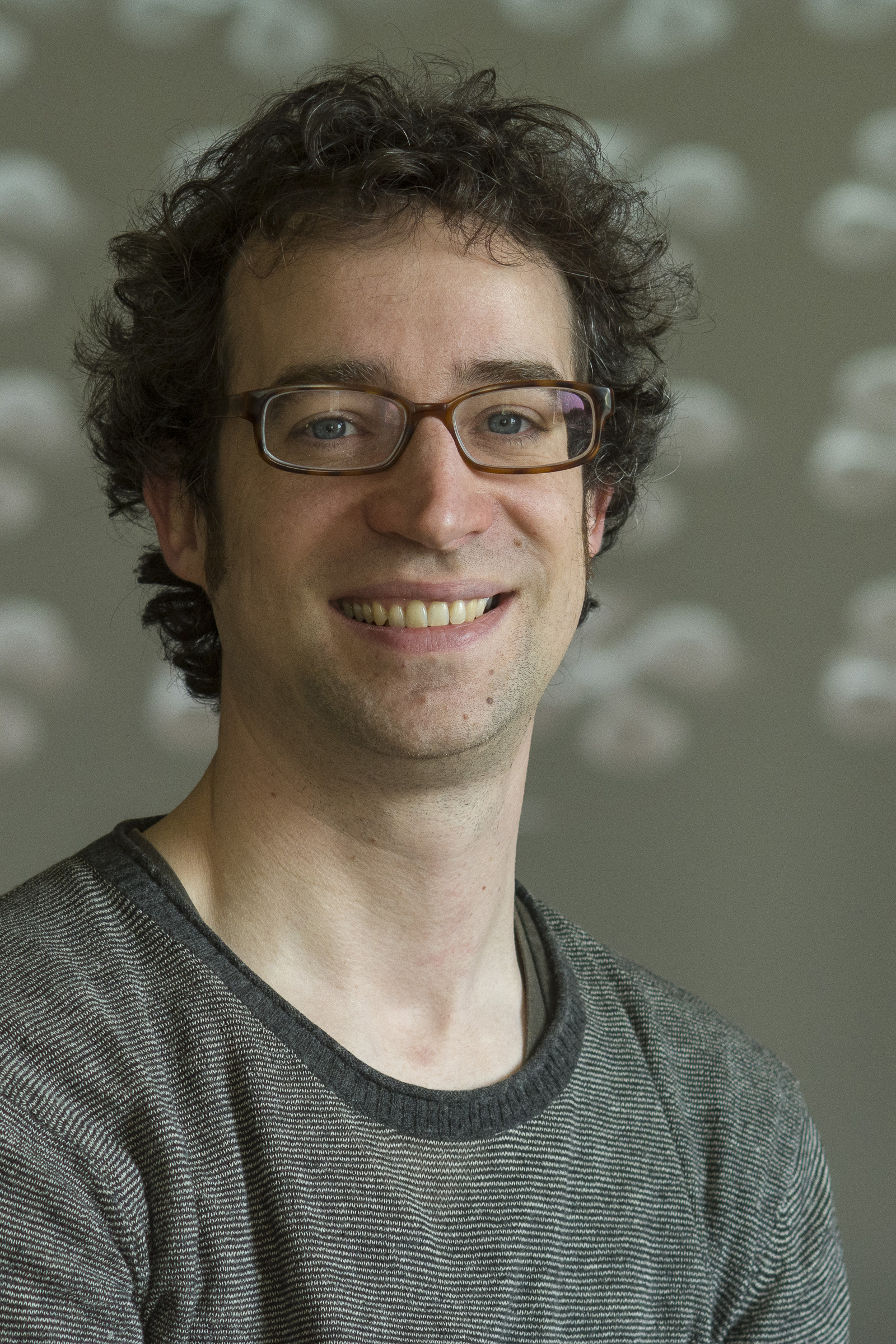
Michael de Volder
University of Cambridge
Michaël De Volder is leading the NanoManufacturing group. He performed his PhD research at the University of Leuven and in part at the Tokyo Institute of Technology. He then worked as a postdoc researcher at the Massachusetts Institute of Technology, the University of Michigan, and Harvard University. He also worked for several years at imec, an industry funded microelectronics research institute, before joining the Institute for Manufacturing at the University of Cambridge. He is a recipient of an ERC starting grant, and is a Fellow of St John’s College. The Nanomanufacturing group focusses on the development of scalable processes to arrange nanoparticles such as carbon nanotubes and graphene into well-defined superstructures. These may find application in sensors, electronics, catalysis, energy storage, water purification, and smart materials.
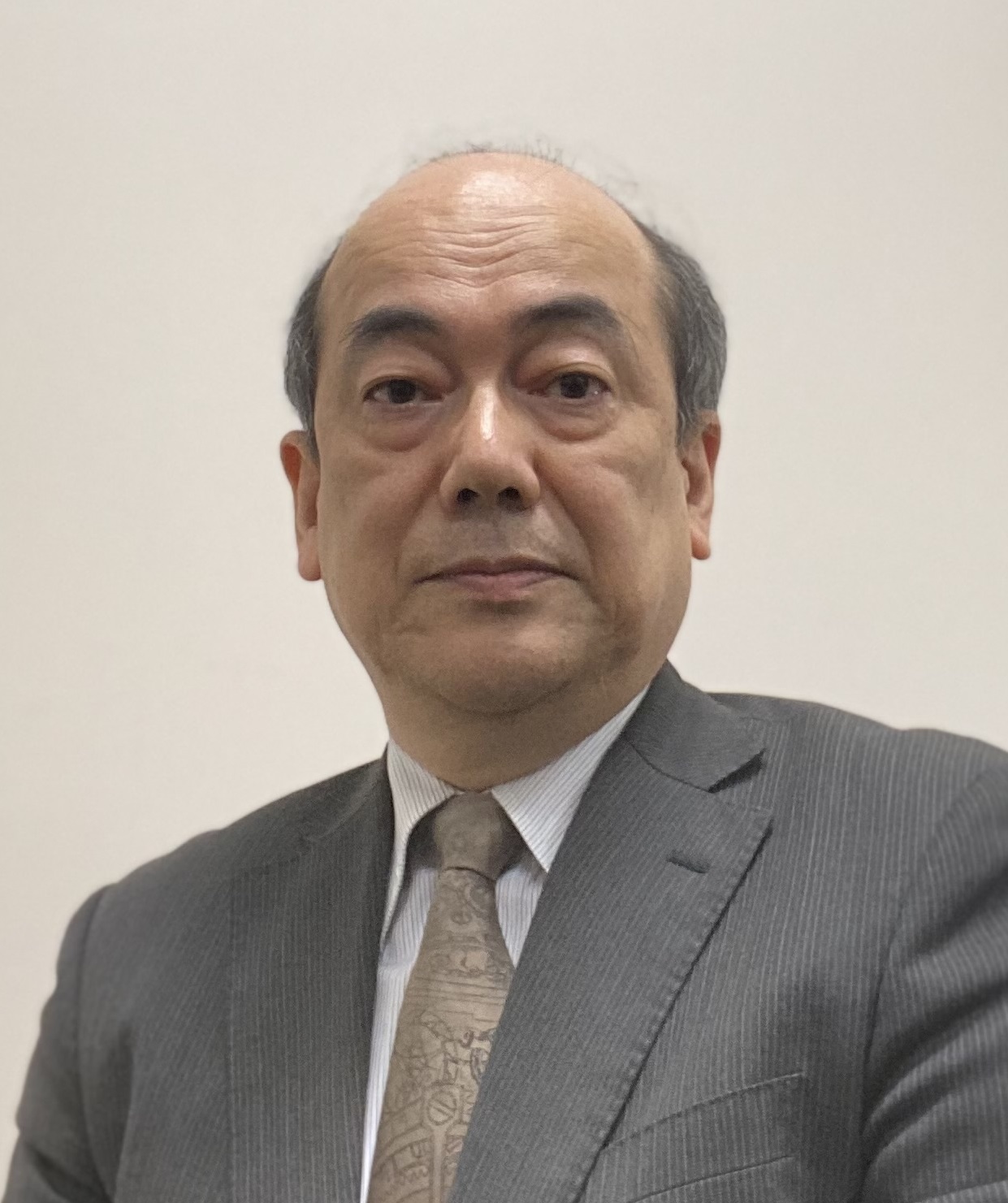
Masayuki Inaba
The University of Tokyo
Masayuki Inaba is a professor of Department of Creative Informatics, in the Graduate School of Information Science and Technology, The University of Tokyo and directing JSK Lab of Department of Mechano-Informatics in the same graduate school. He received B.S of Mechanical Engineering in 1981, M.S and Dr. Degrees of Information Engineering from The University of Tokyo in 1983 and 1986 respectively. He was appointed as a lecturer in 1986, an associate professor in 1989, and a professor in 2000 at The University of Tokyo.
His research interests include key technologies and the architectures in robotic systems and the common research infrastructure to keep continuous development for advanced future robotics with the new generations at The University of Tokyo.

Alexandra Brintrup
University of Cambridge
Alexandra is a Lecturer in Digital Manufacturing and is leading the Manufacturing Analytics Research Group within DIAL. She is a fellow of Darwin College. Having trained as a manufacturing systems engineer and then embarking on a research career in Artificial Intelligence, she is fascinated by the merger of the two. Her research interests include: Development of automated and scalable optimisation and distributed decision making technologies, particularly with nature-inspired algorithms and Multi-agent Systems; Predictive Data Analytics, especially for predicting and handling uncertainty in supply chains and other emergent manufacturing systems; Identification of emergent patterns in industrial systems, particularly in relation to robustness, resilience and quality outcomes.
Alexandra obtained her PhD from Cranfield University for her work in Genetic Algorithms. She then worked at the ABN AMRO Bank as a quantitative analyst, before joining DIAL for her postdoctoral studies in multi-agent systems in manufacturing. She was later appointed as research fellow at the Complex Agent Based Dynamic Networks (CABDyN) research centre at the University of Oxford, where she studied supply chains from a complex networks perspective. Between 2012-2015 she was a University Lecturer at Cranfield University. She joined the Institute for Manufacturing in 2015. Over the past decade Alexandra has advised policy makers, served in a number of scientific committees, and worked with Boeing, Rolls Royce, Jaguar Land Rover, Suzuki and Procter and Gamble on a variety of projects in these areas. She is a member of the All Party Parliamentary Group in Data Analytics, CASN-RA, and IEEE.
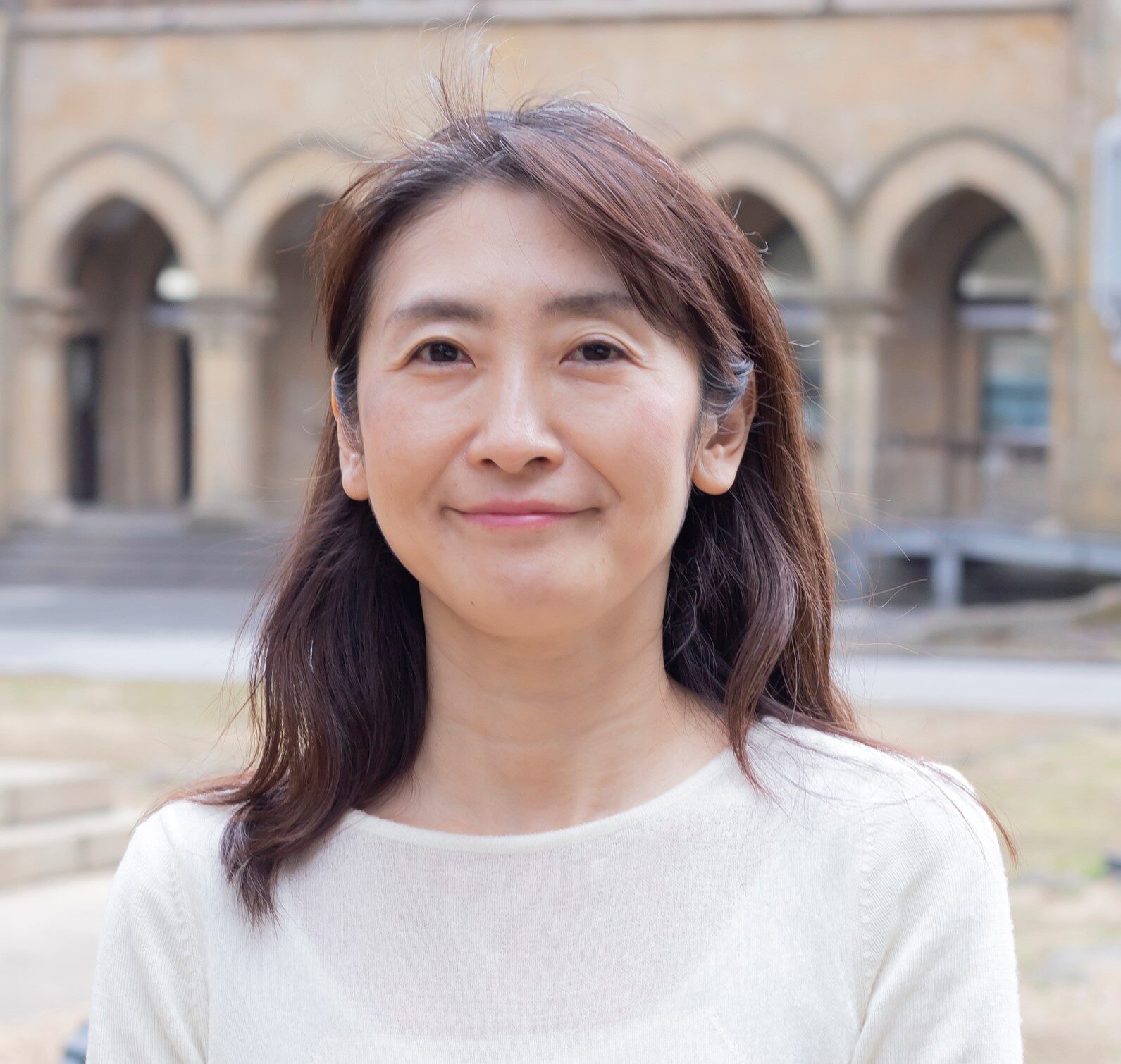
Etsuko Kobayashi
The University of Tokyo
Etsuko Kobayashi is a professor of the Department of Precision Engineering, School of Engineering, the University of Tokyo. She received the B.S., M.S., and Ph.D. degree in precision machinery engineering from the University of Tokyo, Tokyo, Japan in 1995, 1997 and 2000, respectively. She was in the School of Frontier Science, the university of Tokyo from 2000-2006, the School of Engineering, the University of Tokyo, from 2006-2018, Tokyo Women’s Medical University, 2018-2020. Her research interests include medical robotics and devices, surgical navigation system and biomedical instrumentation.

